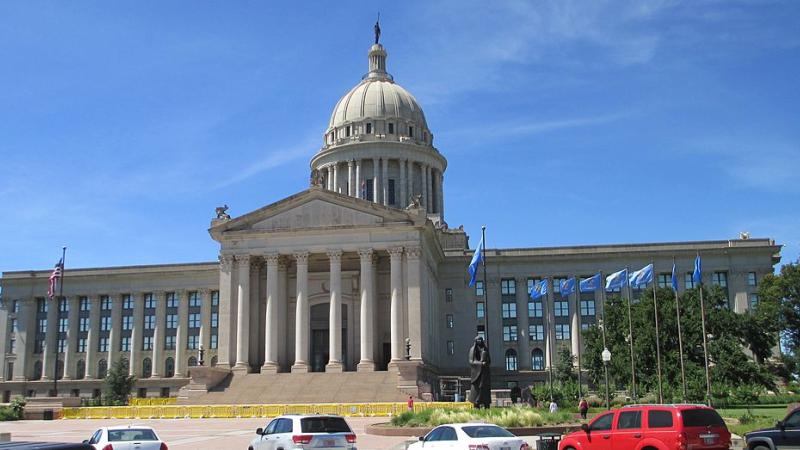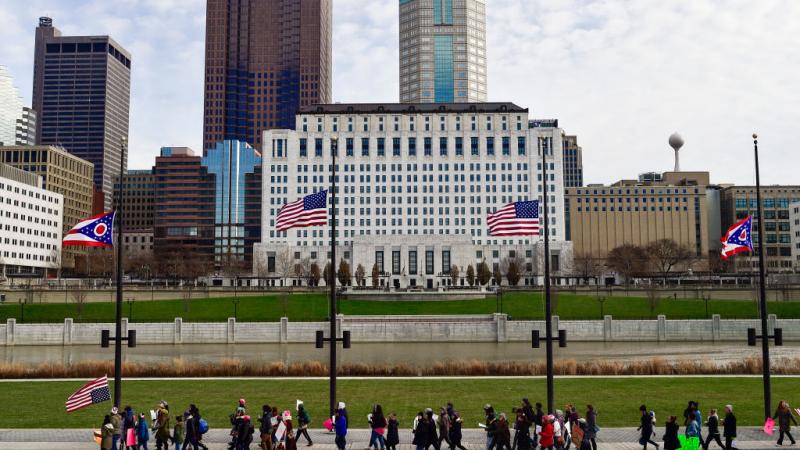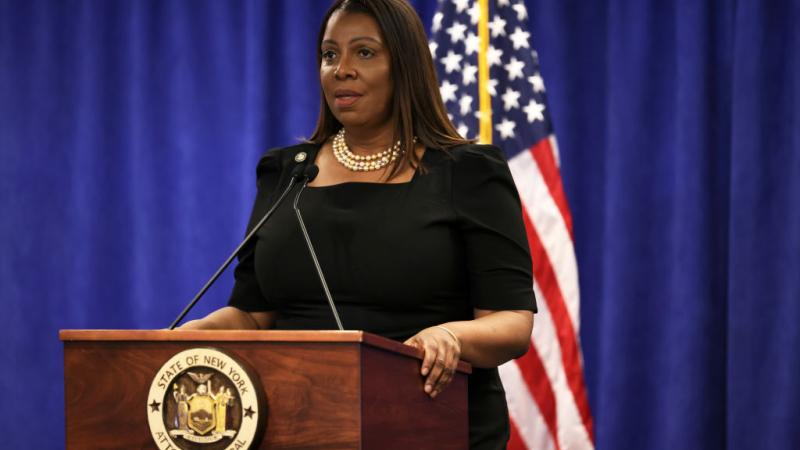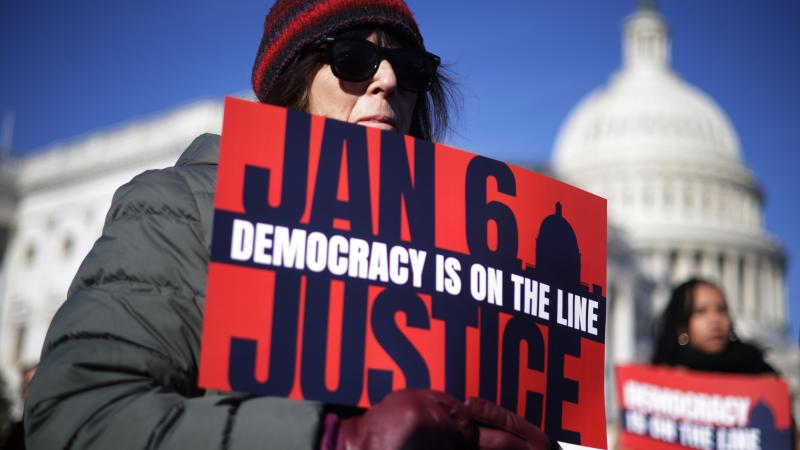California takes step toward reparations for Black residents
Task force begins process that could result in the largest reparations program the US has ever seen.
(The Center Square) -
California officials have begun a process that could result in what they say would be the largest reparations program the country’s ever seen.
A nine-person task force convened Tuesday to explore the feasibility of state-sponsored reparations for Black Californians.
Attorney General Rob Bonta, Secretary of State Shirley Weber and members of the task force stressed the group’s “important” work they hope will result in sustainable reparations for Black Californians.
“California has the ability and power to do it,” Weber said.
Gov. Gavin Newsom signed Assembly Bill 3121 into law last September. Bonta and Weber, both former Assembly members, sponsored the legislation. It requires a nine-person task force to explore the “economic benefits of slavery that accrued to owners and the businesses, including insurance companies and their subsidiaries, that received those benefits, and to make recommendations to the Legislature,” by June 21, 2022.
Bonta’s office formed the Bureau of Racial Justice, a new branch under the Civil Rights Enforcement Section of his office, last month. He said Tuesday the bureau would assist the nine-member task force in their challenge to present state officials with a solution.
“Slavery is America’s original sin, a stain our history, and a continued open wound,” Bonta said.
As to what reparations could come in the form of, task force member Sen. Steven Bradford, D-Gardena, clarified the question that many would later ask about in the public comment section.
“Just as President Roosevelt came up with the G.I. Bill to reward men and women who fought for this country back in World War II, reparations can surely look like that,” he said. “Providing free education for descendants of slaves at our Cal State and UC system, providing first-time homebuyers assistance, providing child care and medical care. Those are things that are very easy examples of what this reparation program can look like without bankrupting the state.”
There are more than 2 million Black California residents.
Comments from the public expressed confusion about why the members weren’t all African Descendants of Slaves, referred to as ADOS, and called for repeating cash payments similar to what interned Japanese or German Holocaust victims received.
The thought of reparations for Black Americans has been demonstrated in other local jurisdictions. In affluent Evanston, Illinois, the city granted 16 Black residents $25,000 in housing grants last March. While the move garnered national attention, it was criticized as “not enough” to be considered a true reparation for the generational enslavement of Africans in American history.















